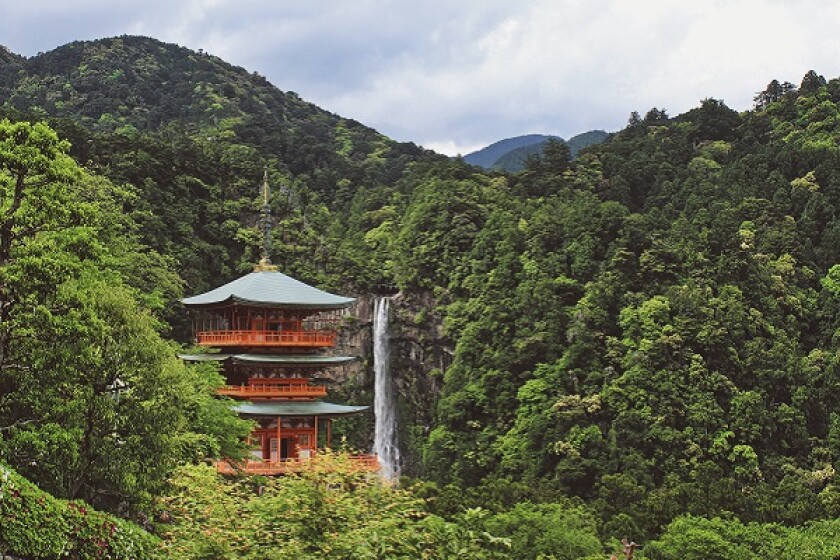Summary of the case
Ds Japan removed electronic components from Ricoh toner cartridge products, compatible with the printers manufactured and sold by Ricoh, and replaced them with electronic components manufactured by Ds Japan. They refilled the toners, and prepared it to sell as recycled toner cartridge products. Ricoh sought an injunction against Ds Japan on manufacturing and selling their product, arguing that the electronic components, including the design change after November 2017, fell within the technical scope of Ricoh's invention.

Ds Japan argued that the rewrite restriction measure and the enforcement of each patent right was an abuse of rights, and should not be allowed, as Ricoh intended to exclude Ds Japan’s products – the recycled toner cartridges for Ricoh's printer from the market. They argued that this was contrary to the purpose of the exhaustion doctrine and that this violated the Antimonopoly Act impeding fair competition.
Judgment of July 22 2020, Tokyo District Court
The Tokyo District Court (Presiding Judge Sato) dismissed Ricoh's claim, holding that Ds Japan’s electronic components, both before and after design change, fell within the technical scope of each invention, and that the enforcement of the patent right was deemed as an abuse of rights.
Injunction
Ricoh, the patentee of each patent right, set the remaining quantity of the toner to be displayed as ‘?’ for the used Ricoh products, and took rewrite restriction measures on the memory of Ricoh's electronic components without sufficient necessity and rationality. This restricted Ds Japan and recycling companies to manufacture and sell recycled products displaying the remaining quantity of the toner, while avoiding infringement of each patent right by rewriting the memory of Ricoh’s electronic components. It is recognised that Ricoh accordingly created a situation where Ds Japan suffered a significant competitive disadvantage in the toner cartridge market, unless they infringed the patent right, thereafter enforced patent rights.
As a whole, Ricoh's actions prevented toner cartridge recycling companies like Ds Japan from selling products displaying the remaining quantity of the toner to users. This unreasonably restrained the trade between Ds Japan, which competed with Ricoh in the toner cartridge market and their users, which impeded fair competition and violated the Antimonopoly Act.
Considering that the degree of restriction on competition by the rewrite restriction measures was high, that the degree of the necessity and rationality of the measures was low, and that the measures restricted the free distribution and use of used products, seeking an injunction against the sale of Ds Japan’s product based on each patent right impeded ‘the development of industry’, the purpose of the Patent Act, or deviated from the purpose of the patent system, which corresponds to an abuse of rights.
Damages
Even if an injunction is not allowed as an abuse of rights, damages need to be considered separately. However, in addition to above, Ricoh has already collected the consideration by transferring the toner cartridges containing the electronic components, working of patented inventions, and if it had not been for the rewrite restriction measures, Ds Japan would have sold the recycled products by rewriting the memory of the electronic components of the toner cartridge without infringing each patent. Considering these elements, the claim for damages reasonably corresponds to an abuse of rights as well as injunction.
Practical tips
In Japan, unlike in the US, the Antimonopoly Act defence has only been alleged in a few IP litigations. However, the number has been recently on the rise. In recent years, cases where the presence or absence of violations of the Antimonopoly Act have become important issues and the courts thereby increasingly render judgments with detailed interpretations of the Antimonopoly Act. The guidelines of the Japan Fair Trade Commission are respected and considered in the judgment of the court.
In the judgment of January 31 2006, the Grand Panel of the IP High Court (Canon Ink Tank case), it was disputed whether the reuse of ink cartridges infringes the patent. The judgment held that “In addition, as compensation for the disclosure of an industrially applicable invention to the public, the patentee is given the exclusive right to work the patented invention for making profit, and the patentee has discretion to set the prices of the patented products and other related products unless there are special circumstances where such pricing is against the public interest or public order under the Antimonopoly Act, etc. And in this case, no such evidence suggesting such special circumstances is found.”
In contrast, Ricoh's case is exceptional, as the court judged that enforcing patent rights by adopting specifications to restrict the manufacture of recycled toner cartridges violated the Antimonopoly Act, and both the injunction and the damages claim were deemed as abuse of rights and were not allowed.
In October 2020, Ecorica, a company that recycles printer ink cartridges, was reported to have filed a lawsuit against Canon at the Osaka District Court, seeking damages of ¥30 million (approximately $286,000) and an injunction against violations. It was alleged that Canon's changing specifications of ink cartridges to prevent selling recycled products violated the Antimonopoly Act. It is notable that allegations based on the Antimonopoly Act are used not only as a defence, but also as an attack.
Takanori Abe
Partner, Abe & Partners












